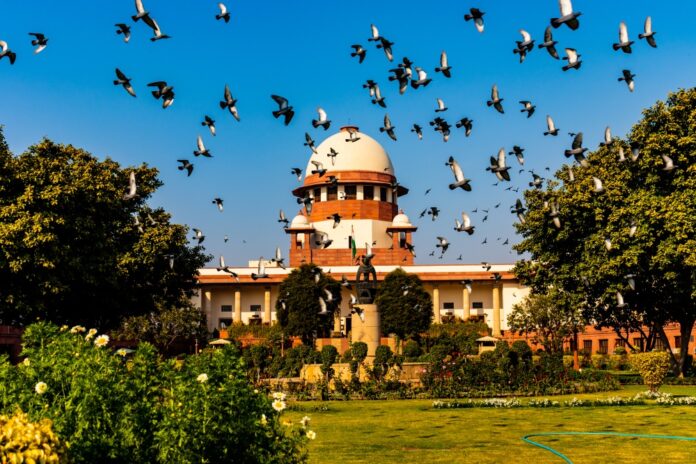Amid the pandemic, the beleaguered operator looks to have found a way to continue operating.
Since the start of the Indian lockdown at the end of March, many shops where Indians topped up their phones were forcibly closed and millions of low earners are left without work and unable to afford the top-ups anyway.
India’s lockdown has obliged mobile phone operators to subsidise millions of low-income users but has also generated a surge in average revenue per user from the sudden boom in home working.
The lockdown was due to end this week but has been extended until 3 May and in the longer term, whether the operator will be able to raise tariffs as intended is unclear.
The trouble
Vodafone Idea, the joint venture created in 2017 to better fend off the aggressive move into the market by Reliance Jio, funded by the Reliance Industries conglomerate, was already in danger of shutting up shop.
The background is outlined in detail here, but in short, the Supreme Court has insisted that Vodafone Idea pays the $4 billion it says the company owes in taxes, fines, accrued interest and penalties on principal of $900 million, usually referred to as AGR for adjusted gross revenue.
Vodafone had been in a dispute over taxes with Indian authorities since 2012, having entered the market in 2007 and so far having invested £22 billion.
Vodafone Group’s CEO has said that no more equity would be forthcoming from the Group and that it would liquidate the company unless the government offers concessions.
In March the Supreme Court blocked the Department of Telecommunications attempts to negotiate more favourable terms.
A possible remedy
Now, according to India’s The Economic Times, a year after its $3.6 billion rights issue which proved to be insufficient to get it out of trouble, more funds look to be in the offing to pay AGR dues, to invest in operations and compete against rivals Jio and Bharti.
Vodafone is set to contribute $200 million to $225 million, the rest – $125 million to $150 million – might come from its JV partner, predominantly through the private entities of chairman Kumar Mangalam Birla. Reportedly, spokespeople for Vodafone Plc and Birla Group insisted that no fresh equity is being put into Vodafone Idea.
In the original shareholder agreement between Vodafone India and Idea Cellular in 2017, a €1.1 billion “indemnity mechanism” was agreed for potential historical liabilities. The draw down is dependent on certain pre-agreed contractual terms and conditions.
The contributions are likely to be in the form of preference capital or redeemable preference shares, apparently, which are a hybrid kind of finance that have some attributes of equity and of debt mechanisms like debentures.
Vodafone Idea owes Rs 58,254 crore (£6,068,628) in dues of which it has already paid Rs. 6,854 crores (£713,770) to the Department of Telecommunications (DoT) in three tranches last month – the equivalent of its principal dues according to the operator’s self-assessment, as requested by the Department.
The new funds will probably carry Vodafone Idea to 2023, according to various market analysts cited by The Economic Times, but much still hinges on the outcome of the ongoing tussle between the Supreme Court and the government.


